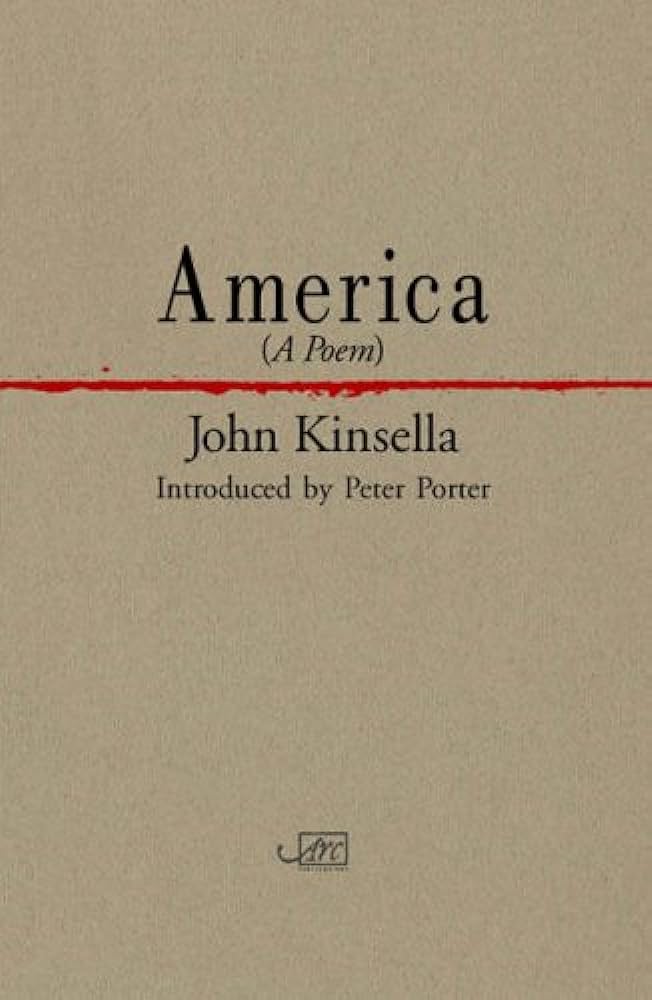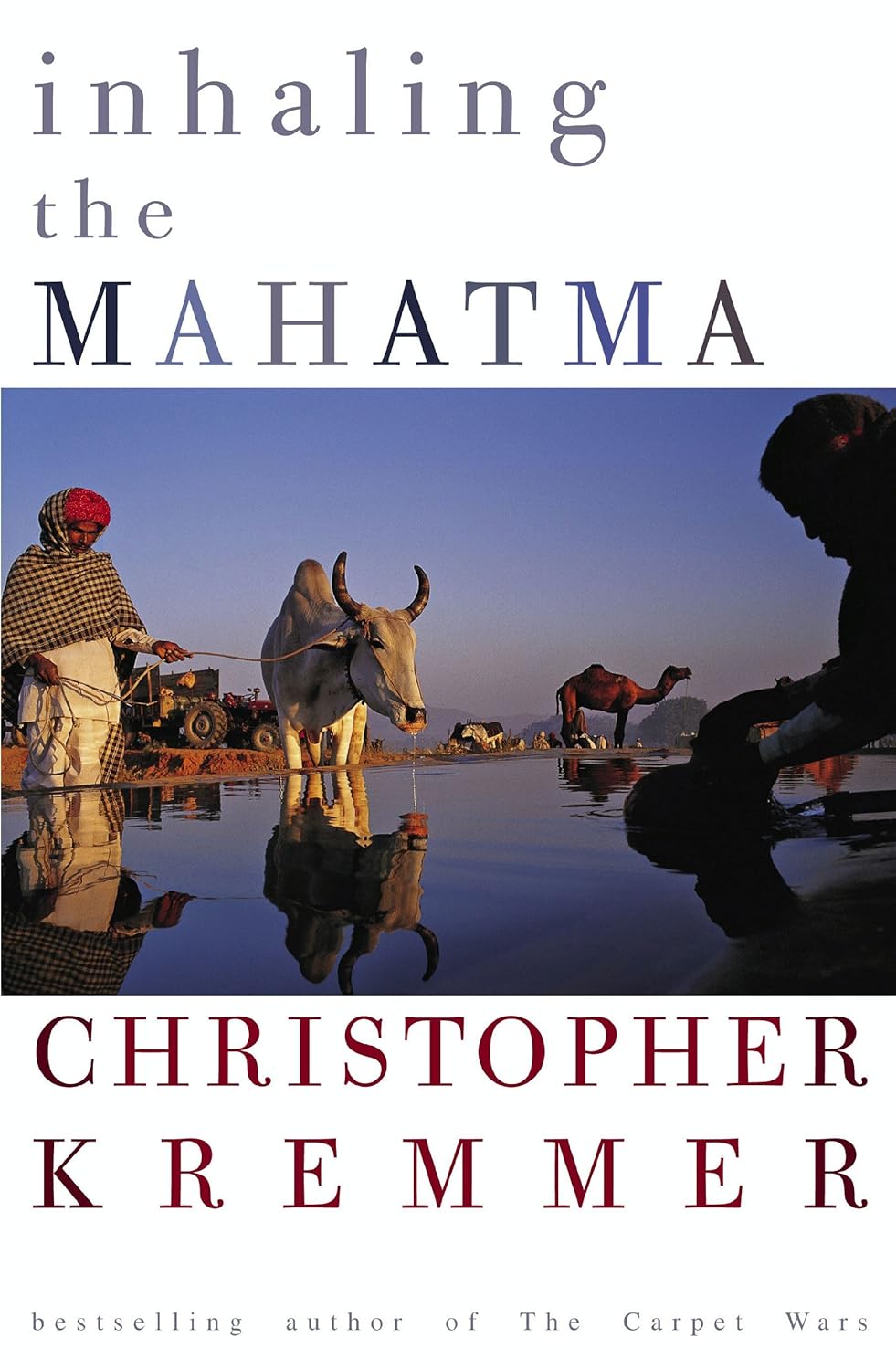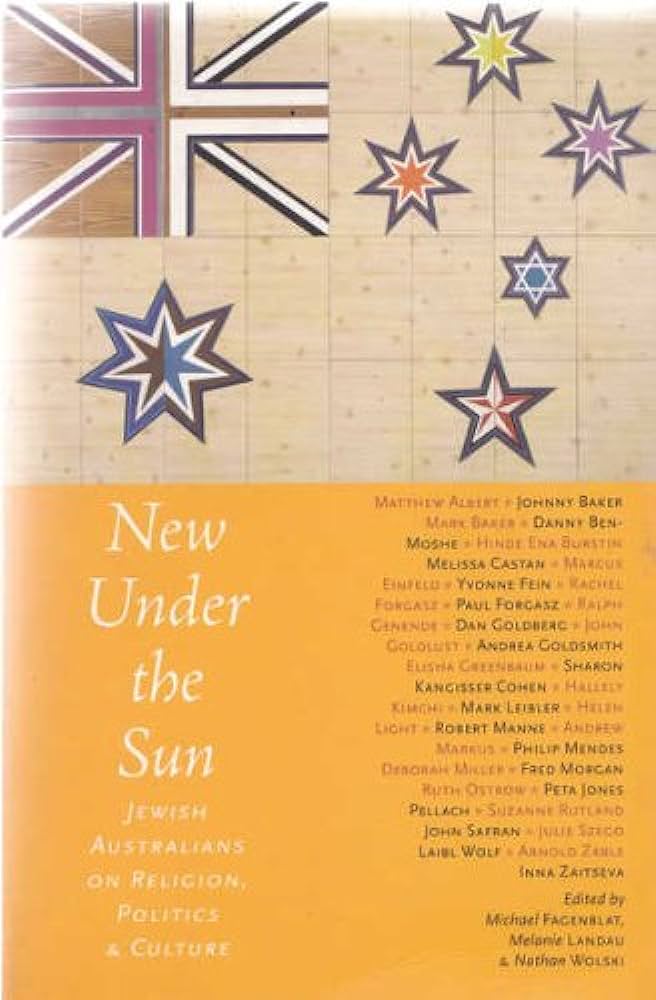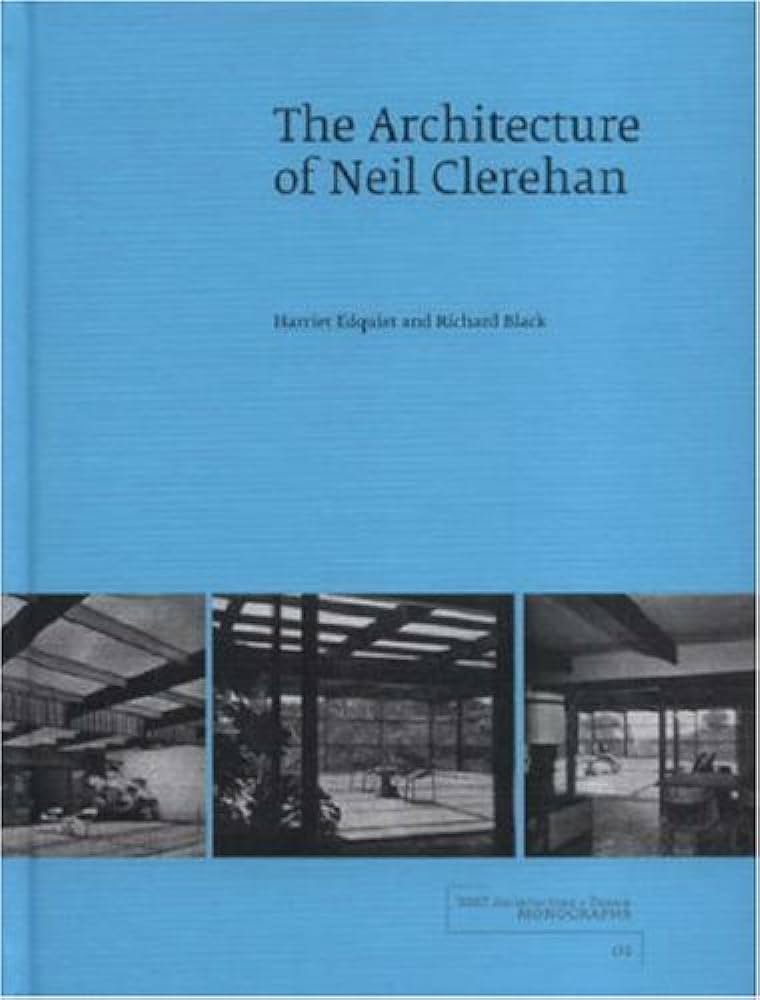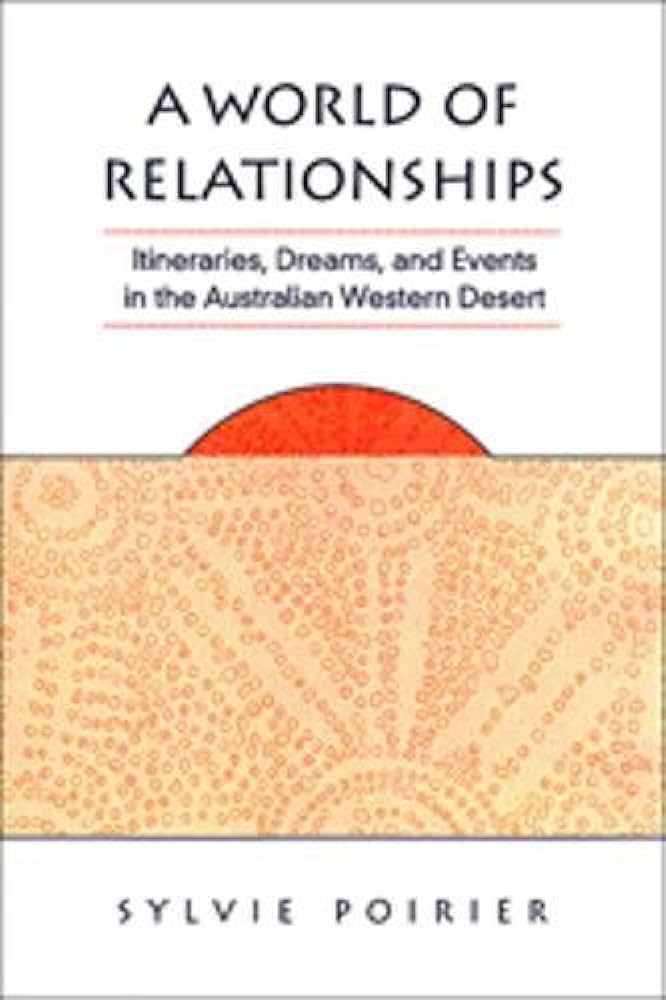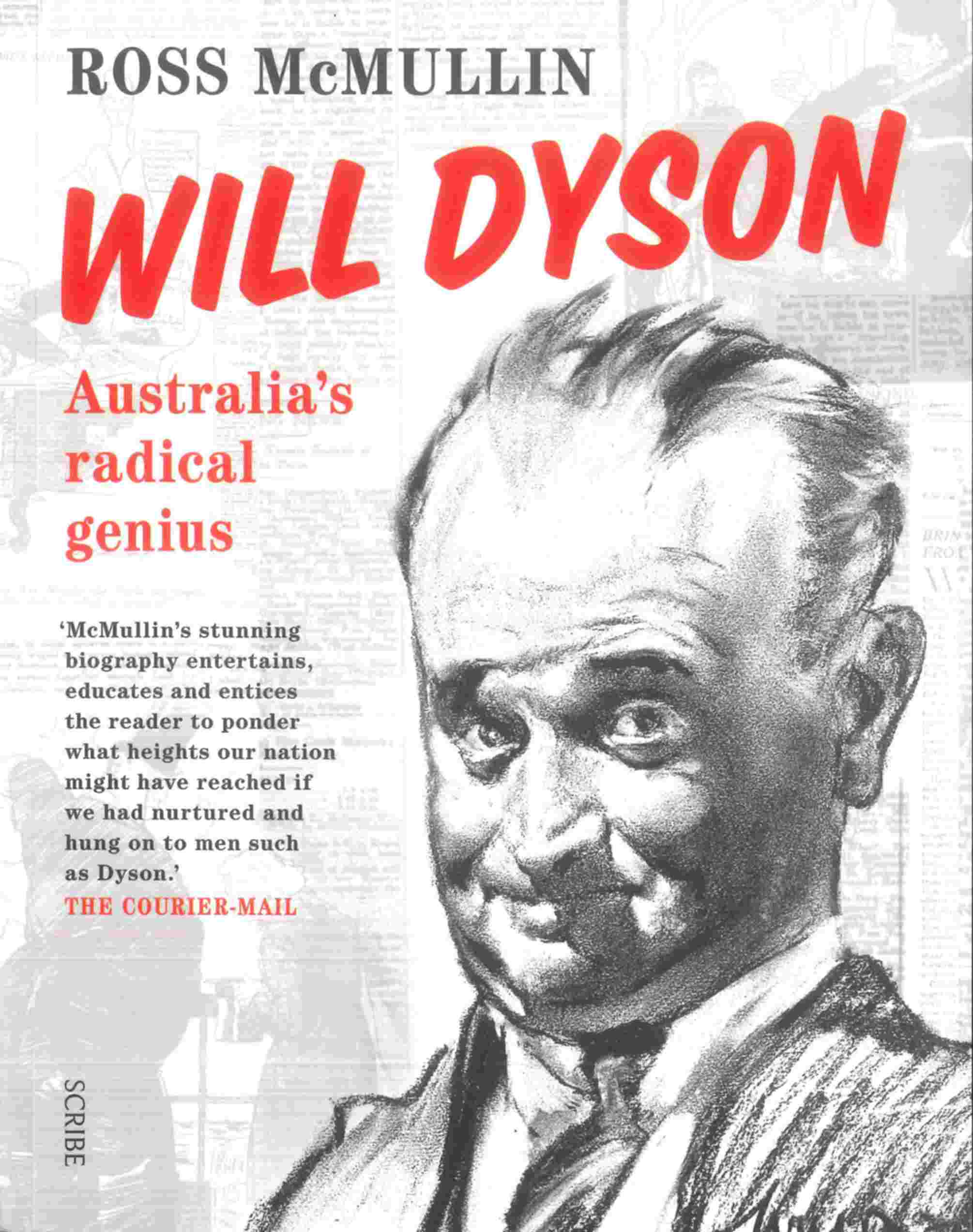Archive
Film | Theatre | Art | Opera | Music | Television | Festivals
Welcome to ABR Arts, home to some of Australia's best arts journalism. We review film, theatre, opera, music, television, art exhibitions – and more. To read ABR Arts articles in full, subscribe to ABR or take out an ABR Arts subscription. Both packages give full access to our arts reviews the moment they are published online and to our extensive arts archive.
Meanwhile, the ABR Arts e-newsletter, published every second Tuesday, will keep you up-to-date as to our recent arts reviews.
Recent reviews
The Howard Factor edited by Nick Carter & The Longest Decade by George Megalogenis
New Under the Sun: Jewish Australians on religion, politics and culture edited by Michael Fagenblat, Melanie Landau and Nathan Wolski
Owen Richardson’s review of D.B.C. Pierre’s novel Ludmila’s Broken English (ABR, May 2006) was a bit harsh – not to mention mean-spirited and way off the mark. As a Texan, I can tell you that Pierre nailed the big-haired women who surrounded Vernon. I, for one, was immediately transported back to small-town Texas. Pierre has the most unique voice I’ve read in a long, long time. ‘Sophomoric and tritely executed satire’? No. It is very funny, it is original and it rings true.
... (read more)
